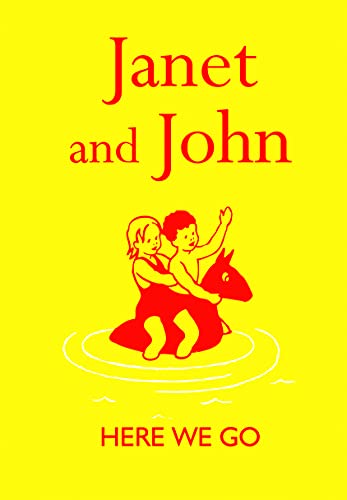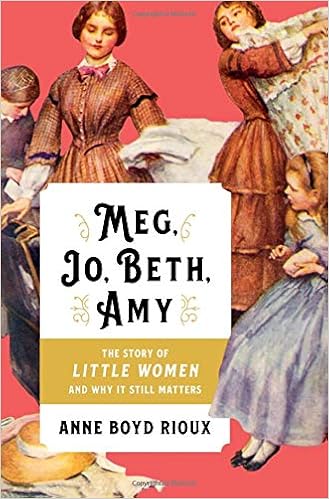One of the last books I bought in a bookshop before the March 2020 lock down was a book by Rolf Dobelli called Stop Reading the News. I didn’t read the book because I was so busy glued to the news. What with government announcements, infection rates, death rates and then changes in what we could or could not do, Partygate, the Ukraine war, the implosion of the Conservative party, the tanking of the economy etc…
But then the other day, when my partner was out, for reasons that escape me, I listened to all the local radio interviews that Liz Truss gave. There was about an hour of them and shortly after that I saw the book on the shelf and thought, well, he’s probably got a point. So, brainwashed by Liz I took decisive action (a phrase she used in every one of those interviews) and read it.

First, I should confess to the extent of my news habit. Wake up in the morning to Radio 4’s Today programme. Listen to it while doom scrolling BBC news website and the Guardian on my phone. Buy the Guardian paper. Check phone repeatedly through the day. Listen to the World at One with Sarah Montague, Radio 4 and PM at 5 also Radio 4 then top it off with some Channel 4 news at 7 to see if Krishnan (currently on leave for swearing at Steve Baker) is wearing his pink tie with the cherubs – used to be Jon Snow and his socks. On Saturdays buy The Times and the Guardian. On Sunday buy the Observer and sometimes the Sunday Times. Listen to Broadcasting House with Paddy O’Connell on Sunday morning, Radio 4 again. Read The Bookseller and Private Eye weekly. That’s about the extent of it.
How did it come to this?
Back in the day I just used to buy the Times in order to read Simon Barnes, the sport’s writer much loved by Private Eye’s Pseuds Corner and then give the rest of it a cursory once over. I was also a big fan of The Independent in its broadsheet days.
Dobelli’s thesis is that with the advent of the internet in the 90s “news is every bit as dangerous as alcohol” and “it is to the mind what sugar is to the body: appetising, easily digestible and extremely damaging.” He says we should assess our news habit as follows:
- Do you understand the world better?
- Do you make better decisions?
His answer to those two questions was no. He went news free in 2010 and says that as a result he has:
- improved quality of life
- clearer thinking
- vastly more time and more valuable insights
He advises you to go cold turkey but if that’s too extreme then buy something like the Economist or the Week and then wean yourself off more gradually.
The news he says gets risk assessment all wrong, rewires our brain so that our attention spans are shorter, makes us more passive, gives the illusion of empathy while destroying our peace of mind. If you want to be well informed news is not the place to go but long form essays or books written by experts in their field also text books.
On the subject of risk assessment, he says that our central nervous systems react disproportionately strongly to visible, rapidly changing, colourful stimuli, the shocking, the loud and the personal and disproportionately weakly to the abstract, the subtle, slow developing, and ambivalent. News editors exploit this distortion in our perspective driven by the needs for advertising. Consuming the news day by day skews our sense of what’s important. An example he gives is that of a banking collapse being overplayed whereas government debt is underplayed. Mind you, not the case currently in the UK.
99 percent of all world events are outside our control. The daily litany of things we can’t change wears us down and turns us into pessimists. We assume the role of victim. We become passive. We descend into learned helplessness and this doesn’t just make us passive about world events. We become passive in areas where we do have room for manoeuvre. It bleeds into every other area of our lives. It’s much more sensible to focus your energies on things you can control.
It all makes sense. In fact it’s horrifying. I did cut back a bit during the summer when Sunak and Truss were fighting it out because I just couldn’t stand it but when I think of really cutting back on my news intake I worry about the lettuce. If I had been news free, I would have missed the Daily Star’s live lettuce cam. I would have missed what Larry the cat had to say about things. I loved the lettuce and I loved all those puns: How long will she romaine etc. It really cheered me up but clearly I can’t pretend that it will lead to me making better decisions not even in my lettuce purchasing. Does it help me understand the world better? Perhaps how far a good joke will travel. But surely I knew that anyway? Incidentally, the idea of the lettuce came about because one of the Daily Star’s journalists was reading the Economist and a writer had pondered whether Liz Truss’s premiership would outlast the life of a lettuce. I think Dobelli would appreciate that.
I do wonder if since the pandemic he might alter his thesis a bit. Yes, news is bad for us but what about public health messages which are a form of news and aimed to keep us safe. Maybe he would place that type of information in a different category altogether. There is also the question of culture/arts coverage – film reviews, book reviews, exhibitions, sport and then the sudoku, code word, crossword etc. All of which I enjoy.
However, the book has really made me think, especially about how I take in news on my phone. The automaticity with which I reach for it, the automaticity with which I turn on the radio. I am going to try and cut down. And following his advice on reading in depth about questions that concern you, I am going to take decisive action (sorry, but I did listen to her for an hour) and get hold of a book by Isabel Hardiman titled Why We Get the Wrong Politicians. If the last six weeks or so of UK politics has made me want to read about any one issue in depth, it’s probably that one.
What is your news habit? Have you ever thought of cutting down or even stopping completely?


![The Screwtape Letters (Annotated) by [C.S. Lewis]](https://m.media-amazon.com/images/I/514ltIehmzL.jpg)
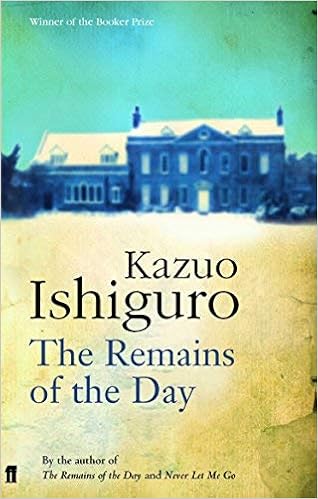
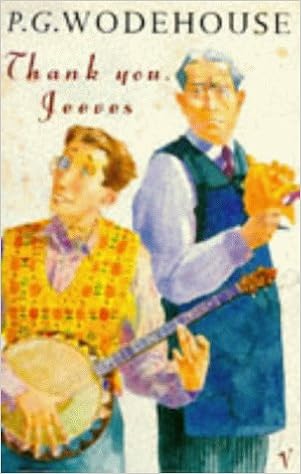


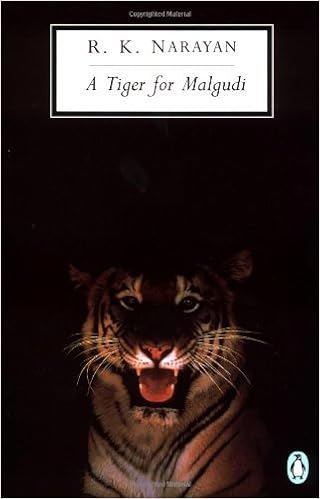
![The Ashes of London: The first book in the brilliant historical crime mystery series from the No. 1 Sunday Times bestselling author (James Marwood & Cat Lovett, Book 1) by [Andrew Taylor]](https://m.media-amazon.com/images/I/61dA-mSU8WL.jpg)

![The Swallowed Man by [Edward Carey]](https://m.media-amazon.com/images/I/411BvV7dvRL.jpg)


